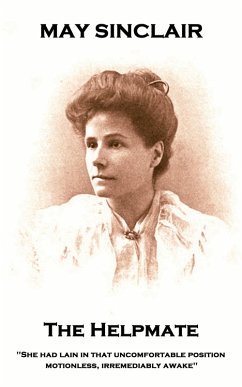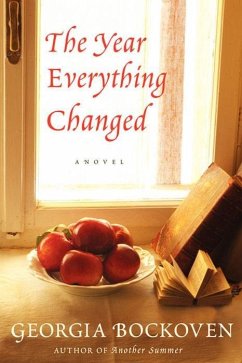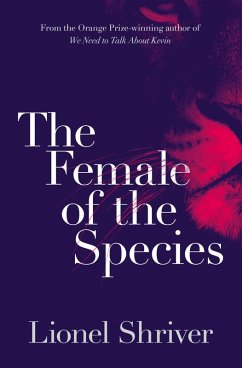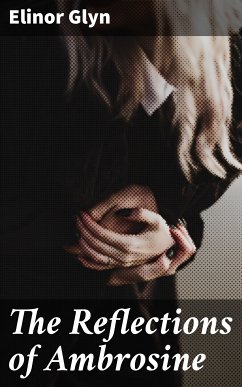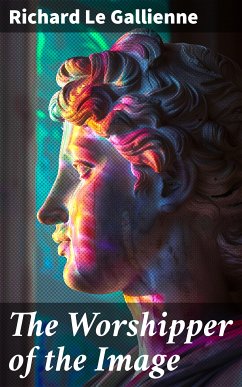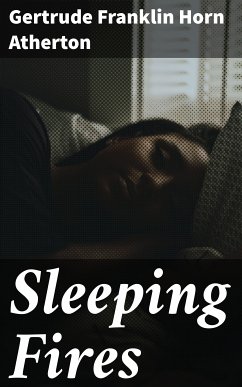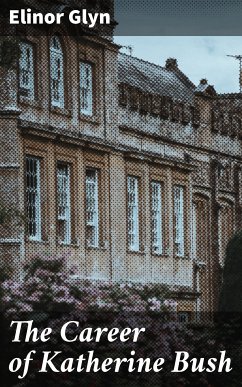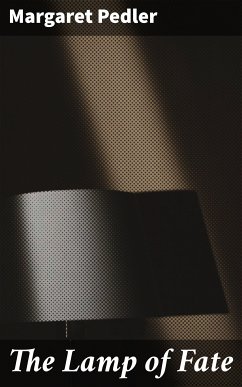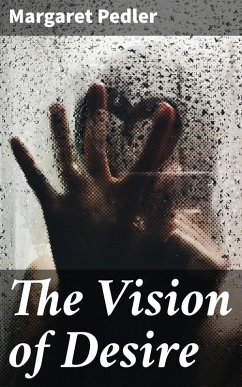
The Helpmate (eBook, ePUB)
Enriched edition. Exploring Feminist Ideals and Relationship Dynamics in Early 20th Century British Literature
Kommentar: Whitfield, Imogen / Redaktion: Good Press

PAYBACK Punkte
0 °P sammeln!
In "The Helpmate," May Sinclair delves into the intricate dynamics of marital relationships, capturing the emotional landscape of a woman's struggle for autonomy within the confines of a traditional marriage. Written in the early twentieth century, this novel exemplifies Sinclair's modernist approach, characterized by its psychological depth and stream-of-consciousness technique. The narrative intricately weaves the protagonist's internal conflicts and desires with the external expectations imposed by society, illustrating how these tensions shape her identity and sense of self. The rich chara...
In "The Helpmate," May Sinclair delves into the intricate dynamics of marital relationships, capturing the emotional landscape of a woman's struggle for autonomy within the confines of a traditional marriage. Written in the early twentieth century, this novel exemplifies Sinclair's modernist approach, characterized by its psychological depth and stream-of-consciousness technique. The narrative intricately weaves the protagonist's internal conflicts and desires with the external expectations imposed by society, illustrating how these tensions shape her identity and sense of self. The rich character development and evocative prose position Sinclair as a pivotal voice in women's literature, situating her work amidst the early feminist movement. May Sinclair, a prominent figure in the early modernist literary scene, was profoundly influenced by her own experiences and the socio-cultural climate of her time. As a writer, Sinclair often explored themes of gender, identity, and familial obligations, drawing from her observations of the societal constraints faced by women. Her background in psychology and her involvement in the women's suffrage movement fueled her desire to give voice to women's struggles, positioning "The Helpmate" as a key text in understanding the complexities of female existence during this transformative period. I wholeheartedly recommend "The Helpmate" to readers seeking a profound exploration of the intersections between personal agency and societal expectation. Sinclair's nuanced portrayal of her characters, coupled with her innovative narrative techniques, makes this work both compelling and thought-provoking. Engaging with this novel will enrich readers' understanding of the historical context of women's rights and provide a timeless reflection on the complexities inherent in domestic relationships. In this enriched edition, we have carefully created added value for your reading experience: - A succinct Introduction situates the work's timeless appeal and themes. - The Synopsis outlines the central plot, highlighting key developments without spoiling critical twists. - A detailed Historical Context immerses you in the era's events and influences that shaped the writing. - A thorough Analysis dissects symbols, motifs, and character arcs to unearth underlying meanings. - Reflection questions prompt you to engage personally with the work's messages, connecting them to modern life. - Hand-picked Memorable Quotes shine a spotlight on moments of literary brilliance. - Interactive footnotes clarify unusual references, historical allusions, and archaic phrases for an effortless, more informed read.
Dieser Download kann aus rechtlichen Gründen nur mit Rechnungsadresse in A, B, BG, CY, CZ, D, DK, EW, FIN, F, GR, H, IRL, I, LT, L, LR, M, NL, PL, P, R, S, SLO, SK ausgeliefert werden.




